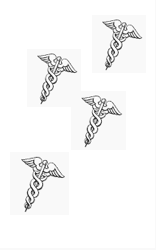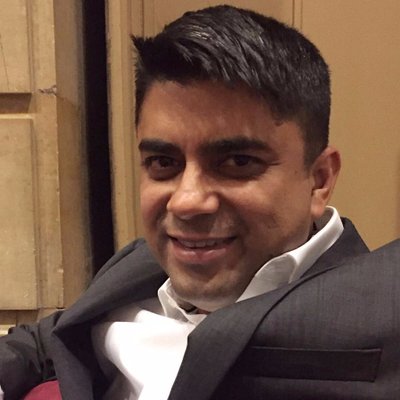By SAURABH JHA
Seven weeks before President Trump declared COVID-19 a federal emergency heralding the economic lockdown, Jesse’s customers began cutting their orders. Jesse sells garments and cotton, imported predominantly from India, to wholesalers and retailers, big and small, in malls across the North East corridor. His business had a good January. December was like any December. But February was different. His customers, reassuring him that it wasn’t personal, were predicting a falling demand for their products because of COVID-19. They may be over reacting, but better shortage than glut, they felt.
Jesse, who has no medical background, had heard of a virus which quarantined cruise ships, but nothing seemed foreboding back in February. He had tuned out the President, who was being his usual clownish self. It was business as usual in Manhattan, where he lives. He received reassuring messages from public health figures about the novel coronavirus. New York City’s mayor was particularly upbeat, urging New Yorkers to mingle with even more vigor.
Jesse didn’t know how to reassure his customers. A week later, more customers cancelled their orders. By middle of February, the orders halved. Being a businessman, not philosopher, it mattered not to him why his customers had seemingly overestimated COVID-19’s threat. What mattered is that they had. Since his business operated on small margins, the reverberations could be substantial. The first order of the day was reducing the output of his factory in India which was running on all cylinders.
The second order of the day was survival. If his customers’ fears came true, his business would be destroyed. Jesse had no qualms accepting government bailout. But this was long before the federal government announced relief for businesses. The virus had yet to strike Italy. COVID-19, like Chengiz Khan, seemed to prefer the eastern perimeters of the Silk Road.
In his culture, Jesse Singh is an American Sikh hailing from the Punjab – there’s a simple rule. When customers don’t want a certain product, find something else to sell. His family motto is that you should love the act of selling, not the product being sold (the motto sounds better when said by a Punjabi in Punjabi).
Another Punjabi rule, technically not a rule but part of their cultural RNA, is that Punjabis don’t sit idle. During the partition of the subcontinent, thousands of Sikhs arrived at Delhi train station hungry, battered, penniless, and homeless, after losing their homes and families to the mobs. After feeling sorry for themselves for a couple of days, they started selling tea and biscuits on the railway platforms.
If the panic from coronavirus could shut old businesses it surely could open new ones, Jesse thought. A soaring demand for personal protective equipment (PPE) seemed obvious. Since N-95 supply was regulated, he threw his weight behind surgical masks, believing that they’d be demanded by healthcare workers and eventually the general public. He decided to import a small batch on a trial basis.
Continue reading…












